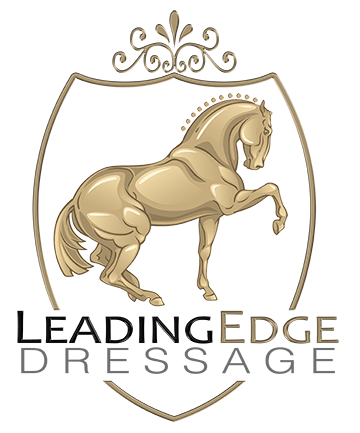reposted from 2014
Onions and Learning…
Several years ago, while I was in the thick of a busy training schedule, I had one of those defining moments in life that changes ones’ perspective completely. I had been doing a lot of groundwork with some horses. This involves using shoulders and arms in a way that is not a part of the normal day to day work. One of my shoulders was complaining, which at some point, I felt was interfering with my ability to use it effectively in riding. How can I communicate a relaxed peaceful way of going when my own body could not get to that state without pain interfering? So, I headed to my Osteopath for some help. I loved this Dr. as he was very good at explaining the “what ” and “how” of body mechanics and finding solutions that did not involve surgery. At one point in the conversation, he made a comment that “as a professional athlete, my body needed to work well 100% of the time” ….blah blah blah… I add the latter language, because my brain got stuck right there. How funny that after so many years of billing myself a trainer, teacher, coach, and business owner, it had never occurred to me I was also a professional athlete.
From Wikipedia:
An athlete (American and British English) or sportsman (British English) is a person who competes in one or more sports that involve physical strength, speed and/or endurance. The term’s application to those who participate in other activities, such as horse riding or driving, is somewhat controversial.
Athletes may be professionals or amateurs.[1] Most professional athletes have particularly well-developed physiques obtained by extensive physical training and strict exercise accompanied by a strict dietary regimen.
Adding Professional:
A professional is a member of a profession or any person who earns their living from a specified professional activity. The term also describes the standards of education and training that prepare members of the profession with the particular knowledge and skills necessary to perform their specific role within that profession. In addition, most professionals are subject to strict codes of conduct, enshrining rigorous ethical and moral obligations.[1] Professional standards of practice and ethics for a particular field are typically agreed upon and maintained through widely recognized professional associations, such as the IEEE.[2] Some definitions of “professional” limit this term to those professions that serve some important aspect of public interest [3] and the general good of society.[4][5]
In some cultures, the term is used as shorthand to describe a particular social stratum of well-educated workers who enjoy considerable work autonomy and who are commonly engaged in creative and intellectually challenging work.[6][7][8][9]
Most definitely I fit into these definitions. It is interesting to me that equestrian sports do not really say “athlete” to much of the world, and I guess I had not been clear on that myself. If the general population had any idea how athletic it can be to do what we do they would hold equestrians in higher regard.
Since that day I have tried to keep in mind that I am as much an athlete as my horse. If I am to be a professional athlete, I must do what my body needs to perform at the level of athleticism that my sport requires. Cross training for my own fitness is just as important as it is my horses. Aerobic, strength, core, suppleness, balance. All the same things I work on every day for the horse, I need to make sure I hold myself to a higher standard. I now work outside of my sport to ensure this is true in my work. Hiking, yoga, and better eating are a part of my every day.
Sitting in Yoga class this am I was feeling a connection to my riding (this is a compulsive part of my world; everything gets compared to my equestrian lifestyle). The instructor was talking through position and even though I had heard it several times, I suddenly felt the same “place of being” that is the space I get into when I am really at one with a horse. It is a place of feeling centered and grounded, when all else is gone, and life is in that space moving forward. Like you can feel the movement of time, each second drifting into the past, as you move into the next one. In this space your balance becomes settled, relaxed, grounded. Gravity feels stronger, and muscles relax and allow the bones to use position to stay balanced. I feel so much less “wobbly” when I can allow or connect to the ground this way. The key is to learn how to access this tool whenever I want and implement it into other regions of my life. But the first step is awareness, now I can work on polishing this tool even more regularly.
Learning is a funny thing. The brain can hear things many times and convince your body it understands things. You can repeat the lesson verbally explaining how something works. Yet there can still be a part of your being that has not fully “gotten” the true meaning of the words. Then one day, you hear it again, in another voice, or in a book, or just in your own head, and the body connects with the words, and suddenly there is a whole new layer of understanding. The onion philosophy again. To learn to ride you need the overview of the basics to stay safe, then around and around the onion you go, each layer more complex, and each layer more clear at the same time. It is a beautiful journey.
